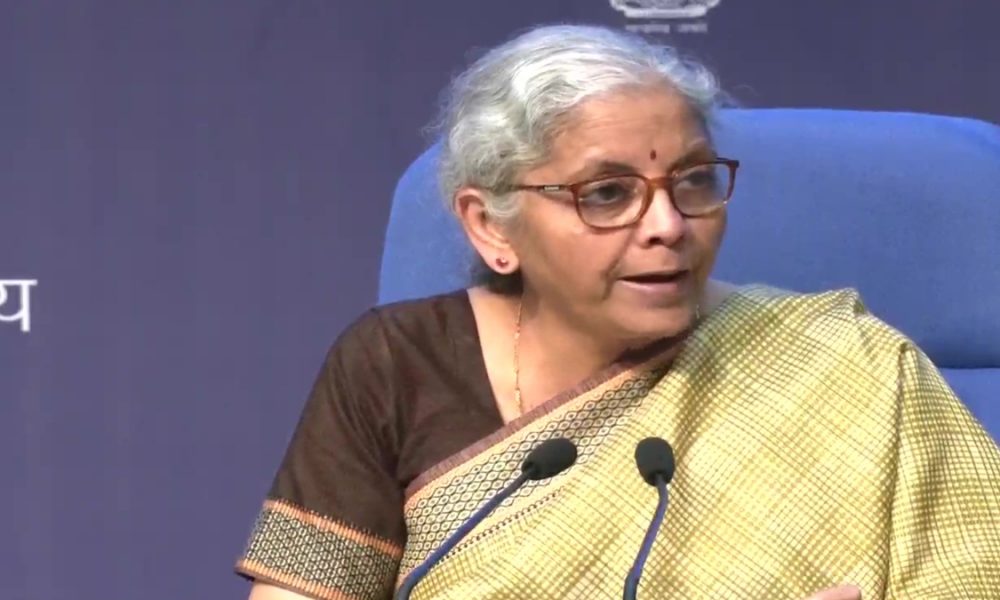
New Delhi: Amid the growing clamour for reversal to Old Pension Scheme (OPS), Finance Minister Nirmala Sitharaman has stated in no uncertain terms that the funds deposited under New Pension Scheme (NPS) is not available & accessible for state governments.
With Finance Minister ruling out state govt’s share in the NPS fund, it comes as a major setback for Opposition ruled states as they have urging the Centre to release their share of NPS to them.
Congress-ruled Rajasthan restored the Old Pension Scheme (OPS) from April 1, 2022 and other party-led states are hurriedly following suit. Chhattisgarh and AAP-led Punjab also went back to OPS and Himachal Pradesh has become the latest Congress-ruled state to have announced return to OPS.
Though, Centre & Opposition primarily Congress ruled states have been at loggerheads over imposition of OPS, Sitharaman’s statement makes it amply clear that the Centre is no mood to relent and will not yield to ‘unjust & impractical demands’ of releasing NPS funds to states.
It’s worth noting that Prime Minister has also made a fervent appeal to state govts to dissociate themselves from ‘populist measures’ for common good while the RBI & a bevy of financial experts also sounded a note of caution citing the financial burden OPS will impose on state’s exchequer.
Last year, Niti Aayog also made a strong pitch for leaving the ‘baggage of past’ and move ahead with financial prudence.
How OPS is different from NPS?
Under the Old Pension scheme (OPS), pension of an employee is about 50% of his last drawn salary and the entire expense is borne by the government. It was discontinued by BJP govt on April 1, 2004 and a New Pension Scheme (NPS) was brought in.
Under the NPS, an employee contributes about 10% of his salary towards pension and about 14% is borne by the state government. The aggregated amount is deposited with Pension Fund Regulatory and Development Authority (PFRDA).
NPS is an investment scheme under which the subscribers have option to choose their fund allocation to certain asset class. As the returns are not guaranteed, the returns will depend on his/her risk taking capability during the employment period.




